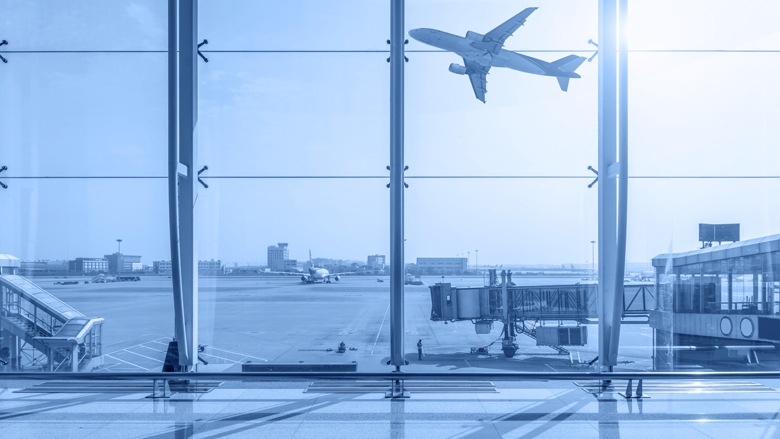Announcements
Corporate travel plays a crucial role in the business world, enabling companies to reach their clients and partners effectively. However, behind airline tickets and logistics, there are airport taxes, an essential aspect to consider.
In this article, we'll explore in detail what airport taxes are, how they affect corporate travel and how you can deal with these costs strategically.
Read also | How Car Rental Works When Traveling: Essential Tips and Information!
Announcements
What are airport taxes?
Airport charges are amounts paid by aerodrome operators, i.e. airports, to use their facilities, equipment and services.

These fees are crucial to guaranteeing the efficient operation and improvement of airport infrastructures.
Announcements
The National Civil Aviation Agency (ANAC), which establishes the guidelines and norms for the collection of these tariffs.
It is important to note that these fees are not limited to corporate or leisure travel, as they are included in airline tickets.
This means that every time you buy a ticket, you are contributing to the operation and maintenance of airports.
Understanding the Main Airport Charges
Airport taxes can vary and affect both airlines and passengers. Let's explore the main fees and how they work:
- Boarding Fare: This fee is charged to all passengers when they buy a ticket and is intended for the maintenance and improvement of airport facilities, such as departure lounges, toilets and common areas. The charge is automatic and is divided into different airport categories established by ANAC.
- Landing fee: This is intended to cover the costs of equipment, services and facilities needed for aircraft landing operations. It is paid by the owner of the aircraft and varies according to the nature of the flight.
- Connection Fee: Charged to airlines when a passenger needs to disembark at an intermediate airport to re-embark. This fee applies even in the event of a change of airline.
- Residence fee: Paid by the owner of the aircraft and varies according to the nature of the flight (domestic or international). This fee goes towards improvements in the airport's maneuvering and accommodation areas.
- Storage and Capatazia Tariff: Charged to pay for the storage and handling of goods in the airport's air cargo warehouses. The customs tariff is levied on services related to the goods in the warehouses.
Impact on Corporate Travel
Corporate travel plays a strategic role for companies, allowing their employees to reach clients, partners and participate in relevant events. However, airport fares can affect the total cost of these trips.
It's important to understand that airport taxes are built into tickets, and travel managers should take them into account when budgeting expenses.
Choosing a Reliable Airline
An essential strategy for minimizing the impact of airport taxes on corporate travel is to choose a reliable airline that offers a quality service.
With a good partnership, you can take advantage of promotional rates, advantageous travel packages and even loyalty programs that offer extra benefits.
A reliable airline also guarantees transparency with regard to fares, avoiding hidden fees and ensuring that you only pay what is due.
Managing Airport Charges with Strategy
Airport taxes are an integral part of air travel, whether for business or pleasure. Understanding the different rates and how they are applied is key to budgeting accurately and making informed decisions.
Choosing a reliable airline and consciously managing costs are essential steps to ensure that corporate travel takes place efficiently and with as little financial impact as possible.
With a strategic approach, you can make the most of your corporate travel, achieving your business goals effectively and efficiently.

